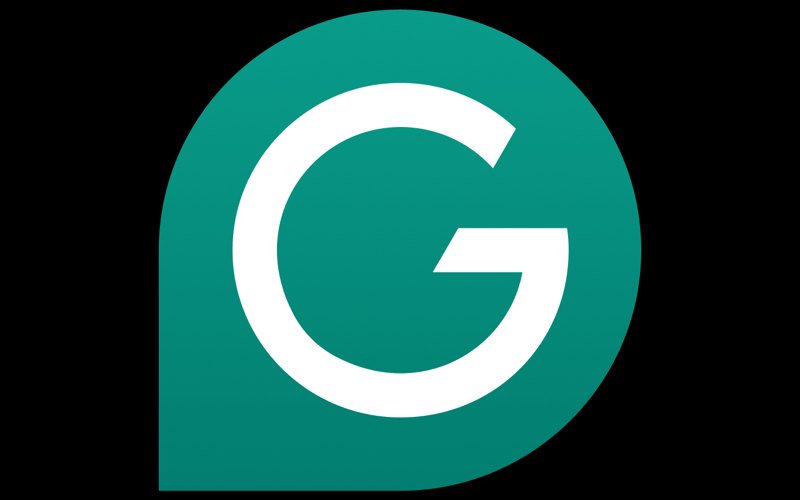Grammarly rebrands as Superhuman in major AI productivity shift

Announced on Wednesday by CEO Shishir Mehrotra, the rebrand signals Grammarly’s evolution from a niche writing tool into a full-scale AI productivity ecosystem.
Grammarly, long known for its intelligent writing assistance, has officially rebranded as Superhuman, marking one of the most ambitious transformations in the productivity software space.
The move consolidates Grammarly, Coda, Superhuman Mail, and a newly introduced AI assistant called Superhuman Go into a single, integrated productivity suite designed to deliver “AI that works wherever you work”.
More To Read
- Amazon to cut 14,000 corporate jobs amid AI investment
- Why industry-standard labels for AI in music could change how we listen
- African languages for AI: The project that’s gathering a huge new dataset
- Google Gemini to let users ‘circle’ images for smarter visual searches
- AI chatbots fail at accurate news, major study reveals
- Government to use new AI system in placement of Grade 9 students to senior schools
Announced on Wednesday by CEO Shishir Mehrotra, the rebrand signals Grammarly’s evolution from a niche writing tool into a full-scale AI productivity ecosystem.
“AI should amplify human capability, not force people to adapt to its limitations,” Mehrotra said. “With Superhuman, we’re uniting the tools of modern work into a single, intelligent environment that truly understands context.”
The rebrand brings together a series of acquisitions and innovations made over the past two years.
Coda, the collaborative workspace platform acquired in 2024, now serves as the foundation for document collaboration and task automation.
Superhuman Mail, the premium email client acquired earlier this year, integrates email and scheduling under the same AI layer.
The original Grammarly tool remains part of the suite, continuing to offer writing and communication support, now with broader contextual awareness.
At the heart of the suite is Superhuman Go, a new AI assistant that operates across apps, tabs, and communication platforms.
Unlike standalone chatbots, Go functions as an in-flow assistant, surfacing relevant insights, drafting responses, and managing workflows without requiring users to switch applications.
For example, Go can draft an email using recent meeting notes from Coda, reference CRM data for personalisation, and automatically schedule follow-ups via Superhuman Mail, all within seconds.
The company refers to this new ecosystem as the Superhuman Suite.
Designed as an “AI-native layer” across everyday tools, the suite is built around three types of AI agents:
- Connector agents: Link to external services like Google Workspace, Slack, or Jira to bring live context
- Writing agents: Enhance clarity, tone, and originality across text
- Partner agents: Enable third-party integrations, allowing businesses to plug in their own AI workflows
This multi-agent architecture reflects a broader shift in productivity platforms, from isolated “AI helpers” to collaborative agents capable of sharing data and context seamlessly.
Grammarly is now positioning Superhuman as a challenger to Microsoft 365 Copilot and Google Workspace powered by Gemini. Unlike those platforms, however, Superhuman is platform-agnostic, designed to integrate rather than replace.
The Superhuman Suite is available immediately to all existing Grammarly, Coda, and Superhuman Mail users, with seamless account migration.
Superhuman Go is free for all users until February 1, 2026, after which pricing will be announced.
The company reaffirmed its long-standing privacy commitments, emphasising that user data remains private and is never used to train its AI models—a crucial assurance as the assistant begins operating across multiple apps and data sources.
Top Stories Today













































